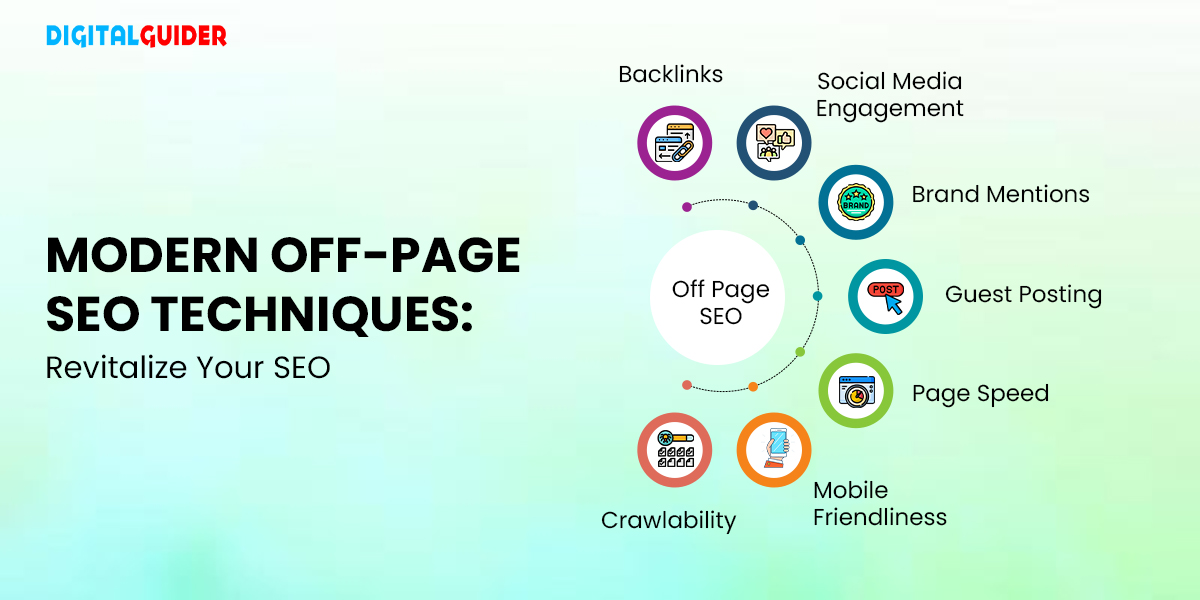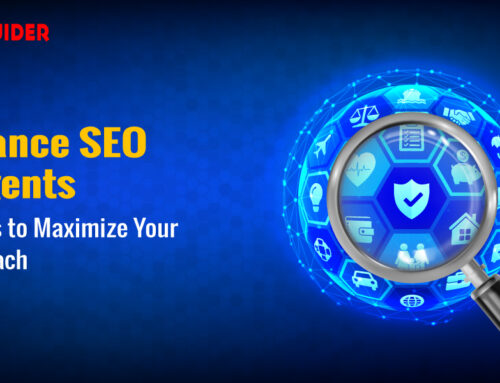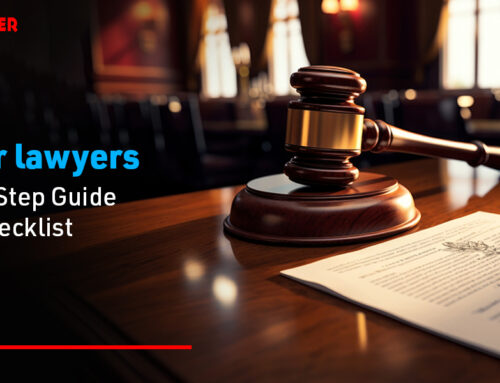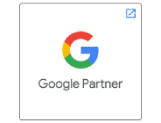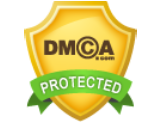As a digital marketer, you probably already know that SEO is an ongoing challenge, especially with so much competition out there. But here’s the good news: off-page SEO is one of the most powerful ways to improve your search rankings and stand out in the crowded digital landscape.
So, how can you thrive in this competitive SEO world? Let’s explore modern off-page SEO strategies that really work today!
What is Off-Page SEO?
Off-page SEO is all about improving your website’s search engine rankings through activities outside the site itself. This goes beyond simple link-building to focus on building reputation, trust, and relevance. As SEO evolves, focusing on Google’s E-E-A-T guidelines—Experience, Expertise, Authority, and Trustworthiness—is crucial for off-page SEO success.
Why Is Off-Page SEO Important?
Off-page SEO enhances your website’s visibility, credibility, and authority. Search engine results pages (SERPs) advocate websites with a strong off-page SEO profile. Search engines use ‘off page seo services’ like backlinks, social signals, and online mentions to assess the credibility and relevance of a website. The objective is to establish a more notable online presence, ensuring that your services and products can reach the audience you believe would benefit from them.
On-page SEO v/s Off-page SEO: Know the Difference
On-page SEO optimizes elements within a website. Such as content, HTML code, & structure, to improve its visibility & relevance for search engines.
Off-page SEO involves tactics implemented outside the website. Such as building backlinks and social signals to enhance the site’s authority and credibility.
Category | On-Page SEO | Off-Page SEO |
Focus | Optimizes website content & structure for higher rankings. | Builds external signals (e.g., backlinks) for authority. |
Visibility vs. Authority | Focuses on individual page rankings through content & optimization. | Boosts site credibility & reputation through external sources. |
Control | Direct control over content, structure, & optimization. | Relies on external factors like backlinks & social mentions. |
Timeframe | Immediate impact on rankings. | Gradual impact as authority builds over time. |
Examples | Keyword optimization, meta tags, quality content, internal links. | Backlink building, influencer outreach, local SEO. |
Impact | Enhances content relevance, improving UX & rankings. | Increases credibility & authority, boosting rankings. |
When incorporating your off-page Search Engine Optimization plan, it is crucial to grasp the link-building process.
However, let’s first understand different types of links.
Understanding Modern Off-Page SEO Techniques
In today’s SEO world, off-page SEO is no longer just about earning backlinks. It’s a holistic approach that includes everything from building trust through brand mentions to boosting your social media presence. Google looks for signals of authority, engagement, and reputation, and that’s where modern off page seo guide come in.
Why Google’s Guidelines Matter?
Google’s focus on natural, user-centric optimization practices means that off page seo checklist now requires more than just manipulative link-building tactics. By following Google’s guidelines, you’ll avoid penalties and build a sustainable SEO strategy. High-quality, relevant content paired with authentic engagement not only strengthens your brand but also improves your search rankings.
Types of Links in Off-Page SEO
Natural Links
Natural links, or organic or editorial links, are voluntarily created by other websites, webmasters, or users without any direct influence from the linked website. These are earned links based on the quality and relevance of the content.
Built Links
Built links refer to links that are intentionally acquired through deliberate efforts, strategies, and outreach campaigns. This involves active participation from the website owner or marketer to influence the link acquisition process.
Created Links
Created links are intentionally inserted or added to a website by the website owner or administrator. This can include links in user-generated content, comments, or profiles. Excessive link building within comments or forums solely for SEO purposes may be viewed negatively by search engines.
Also read: What Is SEO Skyscraper Technique: How to Get Quality Backlinks?
Factors that Influence Link Quality
Anchor text taking to your site
The text used as a hyperlink to your website is crucial to link quality. Relevant and descriptive anchor text contributes positively to the link’s value. As shown in the image below.

Age of the link to your website
The longevity or freshness of the link leading to your website is a significant factor. Older, well-established links may be viewed more favorably by search engines.
Number of links on the linking page
Another factor of seo off page is the number of links on the page linking to your site can impact link quality. Links from pages with fewer outbound links may be more valuable.

Relation b/w the linking site’s subject & that of yours
The thematic relevance between the content of the linking site and your website influences link quality. In general, links coming from websites that have content similar to yours are more beneficial.
Trustworthiness of the linking site
The credibility and trustworthiness of the site providing the link are critical. Links from reputable and trustworthy sites are considered more valuable by search engines.
Authority of the linking site & page
The authority of the overall linking site and the specific page containing the link matters. Links from authoritative sites and pages carry more weight regarding link quality.
Modern Off-Page SEO Techniques That Work
1. Content Marketing Beyond Your Website
Publishing guest posts on high-authority platforms helps build backlinks, credibility, and visibility, driving targeted traffic to your site. Likewise, leveraging content syndication to reach a wider audience increases brand exposure and boosts organic traffic.
Creating shareable assets like infographics, case studies, and videos is also key to improving engagement. These visual assets are great for social sharing, expanding your reach, and improving SEO performance, while appealing to diverse audiences.
2. Digital PR and Brand Mentions
Building brand authority through PR campaigns creates lasting relationships with media outlets, increasing your brand’s credibility across multiple platforms. Focusing on unlinked brand mentions as trust signals is another important strategy. Turning these mentions into backlinks strengthens your domain authority and boosts search engine visibility.
And let’s not forget about HARO (Help a Reporter Out). By using HARO, you can secure expert quotes that position your brand as a thought leader and generate valuable backlinks.
3. Social Signals and Engagement
Social media is crucial in modern off-page SEO. Actively engaging on social platforms builds trust and visibility for your brand, while creating viral campaigns encourages user-generated content, driving organic traffic and increasing conversions.
4. Local SEO for Off-Page Success
Local SEO plays a key role in off-page SEO. Ensuring consistent NAP (Name, Address, Phone) information across directories, earning positive reviews on Google Business Profile, and participating in local events all contribute to higher local search rankings.
5. Influencer Collaboration and Thought Leadership
Partnering with niche influencers boosts your reach and credibility by tapping into their trusted communities. Publishing expert interviews and webinars also positions your brand as a thought leader and attracts engaged audiences.
6. Video and Visual SEO
Using video platforms like YouTube can increase brand visibility, and implementing Video SEO strategies, such as optimizing video titles and descriptions, helps you reach new audiences. Don’t forget to share visual content on Pinterest and Instagram for additional exposure.
7. Podcasts and Audio SEO
Create branded podcasts or appear as a guest on relevant podcasts to reach niche audiences and boost your off-page SEO efforts.
8. Forum Participation and Community Building
Engaging in niche forums like Reddit and Quora lets you foster meaningful discussions and connect with your audience. Focus on providing genuine contributions instead of spammy tactics, which encourages trust and organic engagement.
Emerging Trends in Off-Page SEO Checklist
Google’s Focus on Semantic Search

Earning backlinks from semantically relevant pages strengthens your site’s authority by aligning with content that naturally fits your niche. Using tools to analyze semantic relevance before outreach ensures your link-building efforts are high-quality and contextually appropriate.
AI and Machine Learning in Off-Page SEO
With AI, you can predict link value and personalize outreach more effectively, making your SEO efforts more efficient. Automating tasks like prospect identification and follow-ups saves you time and allows you to scale your outreach.
User Experience Signals as an Off-Page Factor

Considering dwell time and CTR (Click-Through Rate) from external sources helps you understand user satisfaction, allowing you to optimize content for improved retention. Driving relevant traffic from platforms outside your site helps ensure better engagement metrics and SEO performance.
Core Web Vitals Impact on Off-Page SEO

Page speed plays a big role in off-page SEO. Fast-loading pages reduce bounce rates and keep visitors engaged. Partnering with websites that prioritize user experience ensures better engagement and stronger SEO results.
Common Mistakes to Avoid in Off-Page SEO

When it comes to off-page SEO, there are a few mistakes you should avoid:
- Buying links or using private blog networks (PBNs) can lead to penalties and harm your website’s credibility.
- Over-optimizing anchor text can trigger penalties if it seems unnatural.
- Neglecting brand reputation management can harm your brand’s image and decrease trust.
Tools to Amplify Off-Page SEO Efforts

Use the right tools to improve your off-page SEO strategy:
- Ahrefs helps with backlink analysis and prospecting, giving you insights into your backlink profile and competitive strategies.
- BuzzSumo helps you find shareable content ideas, ensuring your content resonates with your target audience.
- Google Alerts can monitor unlinked mentions of your brand, turning these into valuable backlinks.
- NinjaOutreach automates influencer outreach, helping you build relationships at scale.
- HARO allows you to secure high-authority media mentions and boost your brand’s authority with expert quotes.
Measuring Success in Off-Page SEO

To assess the effectiveness of your off-page SEO strategy, track KPIs like:
- Backlink quality and improvements in domain authority
- Growth in referral traffic
- Brand mentions and social shares
- Rankings for target keywords
Final Thoughts: The Future of Off-Page SEO
Looking ahead, off-page SEO is all about quality over quantity. The future of SEO will focus on building genuine relationships and providing value. By staying updated with algorithm changes and adapting your strategy, you can continue to drive meaningful growth and improve your rankings.
“The most effective off-page SEO strategies focus on building genuine relationships and providing value to users, not manipulating search algorithms.”
If you’re unsure where to start or need help refining your off-page SEO efforts, contact us today to discuss how we can help you achieve your SEO goals. It’s time to ensure your off-page strategies are up to date and optimized for success!
FAQs – Off-Page SEO
Q1. What tools can be used to track off-page SEO?
A1. Tools like Ahrefs, SEMrush, Moz, and BuzzSumo track off-page SEO.
Q2. How Often Should I Monitor My Off-Page SEO?
A2. Monitor off-page SEO weekly & conduct monthly audits.
Q3. Is link quality more important than link quantity in Off-Page SEO?
A3. Yes, link quality is more important than link quantity.
Q4. How Can I Speed Up Results from Off-Page SEO?
A4. To speed up results from off-page SEO—
- Focus on high-quality backlinks.
- Increase social media engagement
- Collaborate with influencers.
Q5. How Can I Find Relevant Influencers for Off-Page SEO?
A5. You can use platforms like Instagram, Twitter, & LinkedIn to connect with industry-relevant influencers to boost brand mentions and engagement.
Q6. Can I control my website’s off-page SEO results?
A6. No. Off-page SEO depends upon external factors.
Q7. Which Blogging Platforms Help Boost Off-Page SEO?
A7. To improve off-page SEO, you can post on the below websites:
- Medium
- WordPress.com
- Wix
- Blogger.com
- Weebly
